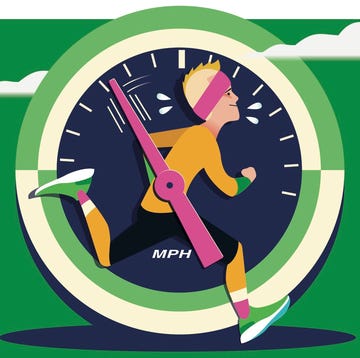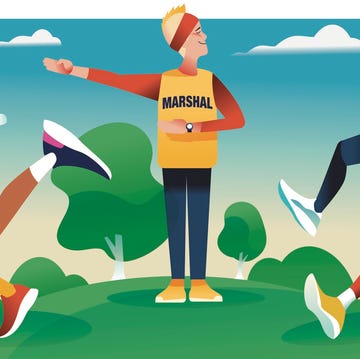Congratulations: you've run your marathon! Now, unless you wish to spend the next few weeks plagued with soreness, sniffles and a soul-sapping sense of apathy, read on.
What you do in the days following a marathon is just as important as what you did before. Running 26.2 miles places high demands on the body and you’re likely to end up with depleted fuel stores, accumulated fluid in the muscles, dehydration and perhaps some damaged muscle tissue. So, not surprisingly, you will be susceptible to injury and infection after the race. You may also be feeling disorientated – or even depressed – in the come-down after achieving such a significant running goal.
Unfortunately, there’s no formula for calculating how long your body will take to recover – this will vary from runner to runner. A seasoned marathon runner – or someone whose training plan included a high mileage base – can expect to bounce back quicker than a marathon novice for example.
What you can do though, is make sure you know exactly what your body needs. Here’s how to deal with the most common post-marathon ailments, how to combat the blues and, of course, top advice on when and how to resume running.













